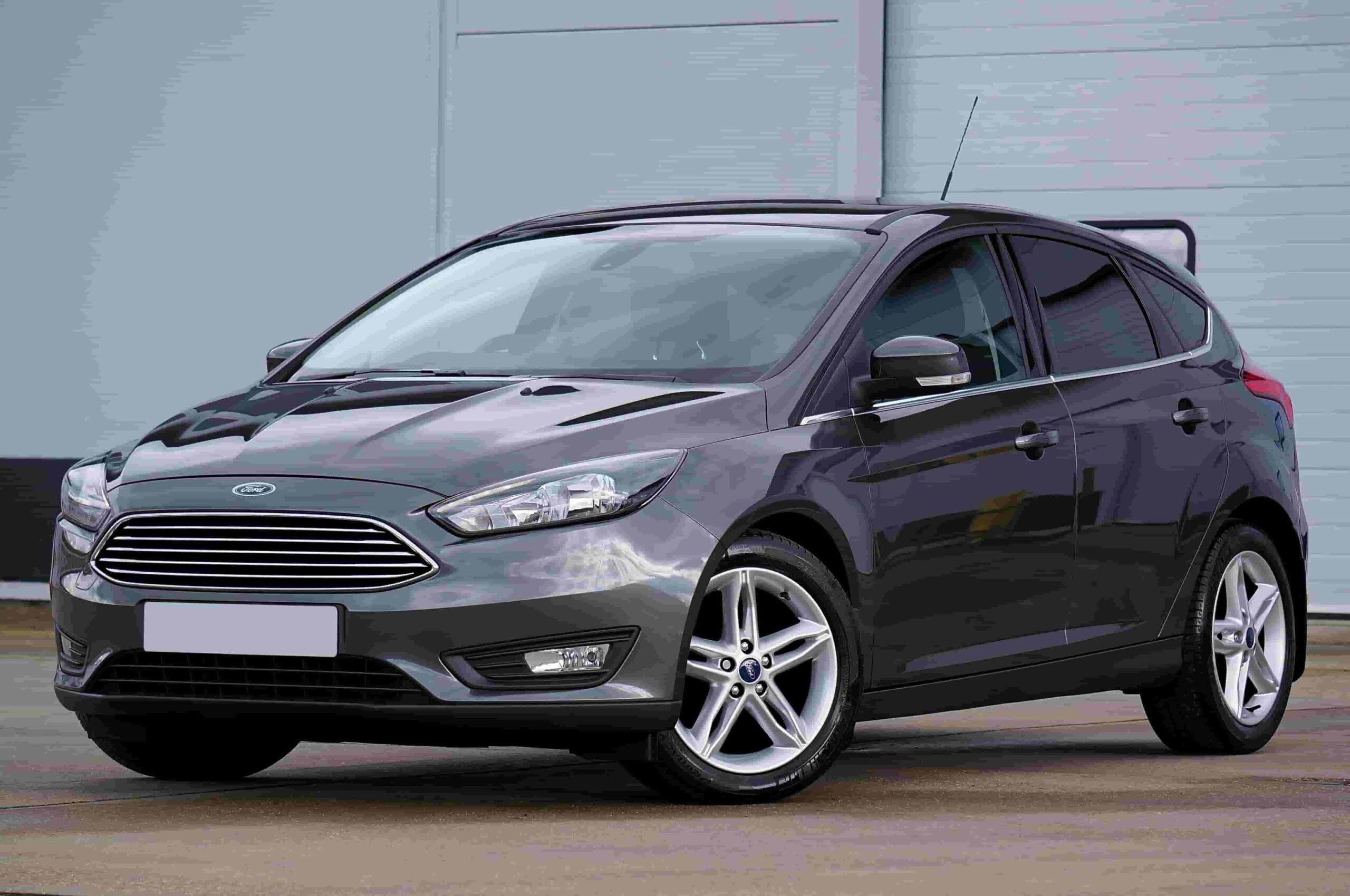Introduction
Buying your first car is like grabbing the keys to freedom. But, it’s also a significant financial commitment. For many young professionals and budget-conscious consumers, navigating the world of car buying can be daunting. The purpose of this blog post is to arm you with essential tips to make informed decisions. From budgeting to understanding the buying process, we’ll cover everything you need to know to drive off the lot with confidence.
Establishing Your Budget
Assess Your Financial Health
The first step in your car-buying journey is establishing a realistic budget. Start by taking a close look at your financial situation. Calculate your monthly income and expenses to determine how much you can comfortably set aside for car payments. Don’t forget to factor in other financial goals and obligations.
Consider Financing Options
Next, explore different financing options available to you. Whether you’re considering a loan from a bank, credit union, or the dealership itself, it’s crucial to understand the terms and interest rates. A common rule of thumb is the 20/4/10 rule—put down at least 20% as a down payment, finance for no more than four years, and keep total transportation costs (including insurance and maintenance) below 10% of your monthly income.
Think Long-Term
Long-term affordability is just as important as the initial purchase price. Beyond monthly payments, consider additional costs like fuel, insurance, maintenance, and registration fees. A car’s total cost of ownership can significantly impact your budget over time, so plan accordingly to avoid financial strain.
Researching Your Needs
Understand Your Driving Habits
Before you start car shopping, take the time to understand your driving habits and needs. Do you have a long daily commute, or do you mainly drive short distances? Do you need a lot of cargo space for weekend adventures or a compact car for city driving? Identifying your primary use cases will help you narrow down your options.
Consider Future Plans
Think about your future plans as well. Are you planning to start a family soon, or do you foresee any major lifestyle changes? If so, you may want to opt for a car that offers flexibility and room to grow. Choosing a car that aligns with both your current and future needs will ensure that you get the most value out of your purchase.
Prioritize Features
Make a list of features that are important to you. This could include fuel efficiency, safety ratings, technology integrations, or comfort. Knowing what features you prioritize will guide you in selecting a car that best fits your lifestyle and enhances your driving experience.
Exploring the Market
Research Online
The internet is a treasure trove of information when it comes to car shopping. Websites like Kelley Blue Book, Edmunds, and Consumer Reports offer detailed reviews, pricing information, and comparisons between different models. Take advantage of these resources to get a sense of what’s available within your budget.
New vs. Used
Deciding between a new or used car is another critical consideration. New cars come with the latest features and warranties but depreciate quickly. Used cars, on the other hand, are more affordable upfront and have slower depreciation rates. Weigh the pros and cons of each option to determine which best suits your financial situation and preferences.
The Importance of Test Drives
Never underestimate the importance of a test drive. This is your chance to get a feel for the car’s performance, comfort, and features. Pay attention to how the car handles, the visibility from the driver’s seat, and the ease of using the controls. Test-driving multiple cars will give you a better idea of what you like and don’t like.
Understanding the Buying Process
Steps to Buying a Car
The car buying process can feel overwhelming, but breaking it down into manageable steps can help. Start with pre-approval for financing to understand your loan options and budget better. Then, research and select the car you want, followed by visiting dealerships or private sellers for test drives and negotiations.
Negotiations and Paperwork
Negotiating the price of a car can be intimidating, especially for first-time buyers. However, being well-prepared can make all the difference. Use the information you’ve gathered from your research to negotiate confidently. Once you reach an agreement, be prepared to handle paperwork, including the bill of sale, title transfer, and financing documents. Ensure you understand all terms and conditions before signing anything.
Inspecting and Finalizing
Before finalizing the purchase, inspect the car thoroughly. For new cars, this might involve checking for any defects or damage. For used cars, consider getting a pre-purchase inspection from a trusted mechanic. Once satisfied, complete the necessary paperwork to finalize the purchase and register the car in your name.
Post-Purchase Considerations
Ongoing Costs
Owning a car involves ongoing costs beyond the initial purchase price. Regular maintenance, fuel, insurance, and registration fees are all part of car ownership. Create a budget for these expenses to ensure you’re financially prepared for the long term.
Maintenance and Repairs
Regular maintenance is crucial to keeping your car in good condition and extending its lifespan. Follow the manufacturer’s recommended maintenance schedule for tasks like oil changes, tire rotations, and brake inspections. Address any repairs promptly to avoid more significant issues down the road.
Insurance and Protection
Ensure you have the right insurance coverage for your new car. Compare quotes from different insurance providers to find the best rates and coverage options. Consider additional protections like extended warranties or gap insurance to safeguard your investment.
Conclusion
Buying your first car is an exciting milestone, but it requires careful planning and consideration. By establishing a realistic budget, researching your needs, exploring the market, understanding the buying process, and preparing for post-purchase responsibilities, you can make a confident and informed decision. Remember, proper preparation is the key to a successful car-buying experience.
If you’re ready to start your car-buying journey, take these tips to heart and drive away with confidence. Happy car hunting!


